12 Cassettes or 8 Memories for a Penny
*plus shipping and handling
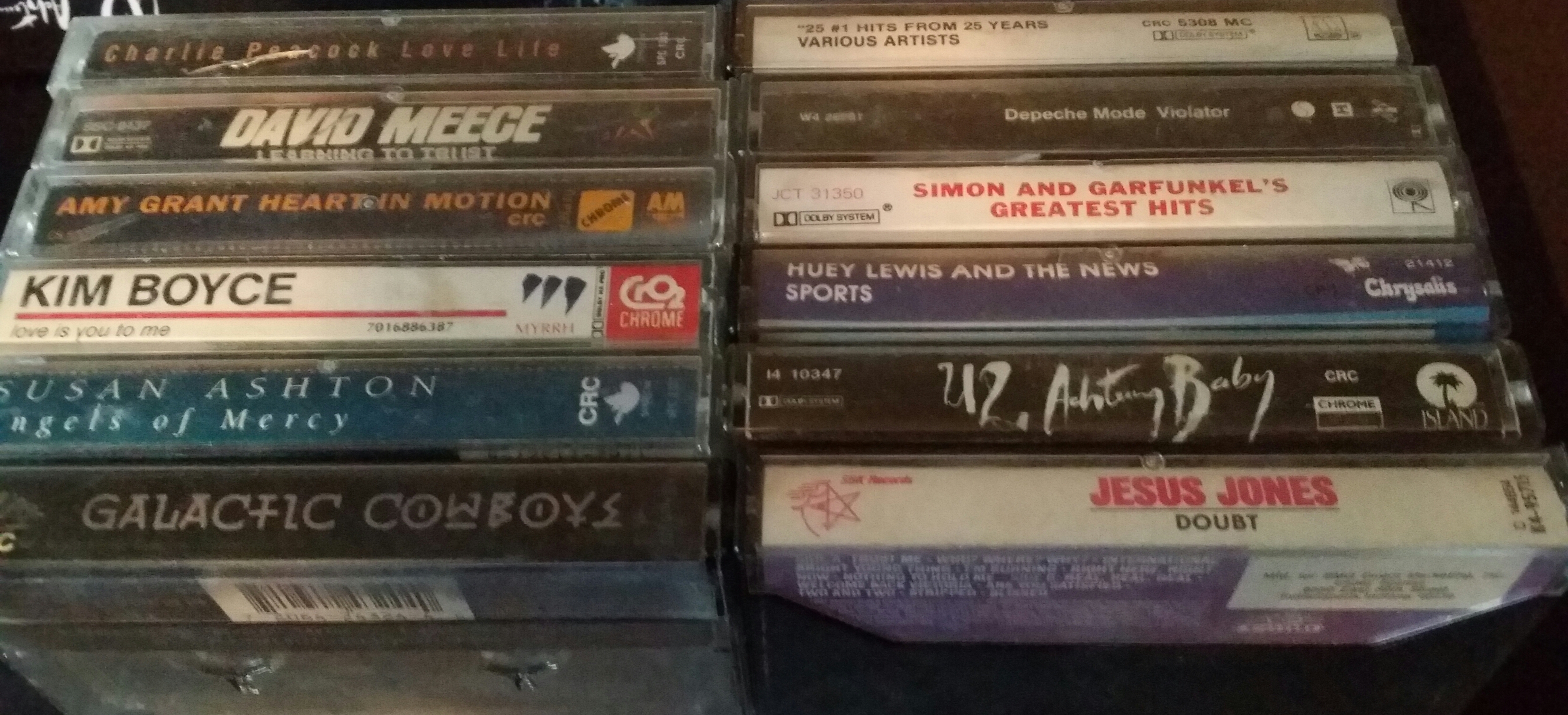 In case some of y’all aren’t familiar, The Columbia House Record Club began as a way for the CBS/Columbia record label to distribute it’s roster through mail order. Over the years, the service came to include music from other labels, a wide variety of genres; multiple formats like 8-track, cassette and CD; movies and computer software and games…and even spurred competition like RCA Music Service (which eventually became BMG Music Service) and Word Family Record and Tape Club (which featured Christian and CCM artists). As I was coming of age in the 90’s, these kinds of mail order music clubs were booming. Teens like myself found them to be an affordable way to expand our music collections and find obscure music that might not have been available locally.
In case some of y’all aren’t familiar, The Columbia House Record Club began as a way for the CBS/Columbia record label to distribute it’s roster through mail order. Over the years, the service came to include music from other labels, a wide variety of genres; multiple formats like 8-track, cassette and CD; movies and computer software and games…and even spurred competition like RCA Music Service (which eventually became BMG Music Service) and Word Family Record and Tape Club (which featured Christian and CCM artists). As I was coming of age in the 90’s, these kinds of mail order music clubs were booming. Teens like myself found them to be an affordable way to expand our music collections and find obscure music that might not have been available locally.
My first exposure to these music clubs was looking through the catalogs my parents got from the RCA Record Club in the 80’s, and listening to the country music tapes, like The Judds’ Rockin’ With the Rhythm, Randy Travis’ Storms of Life, and The Nitty Gritty Dirt Band’s Twenty Years of Dirt, they acquired through the service. I’m quite certain this was around 1987, because I distinctly remember that after I heard U2’s “With or Without You” at number one on American Top 40, I saw their records listed in those catalogs and specifically told myself I had absolutely NO interest in ever owning albums like War or The Joshua Tree. But boy, I did love the country and oldies tapes, like Million Dollar Memories, my parents had ordered.
I made my fist venture into ordering my own music when my mom basically let me use her name and the offer that The Word Family Record and Tape Club had sent her, for four tapes for a dollar apiece. That was back in the day before I had a steady 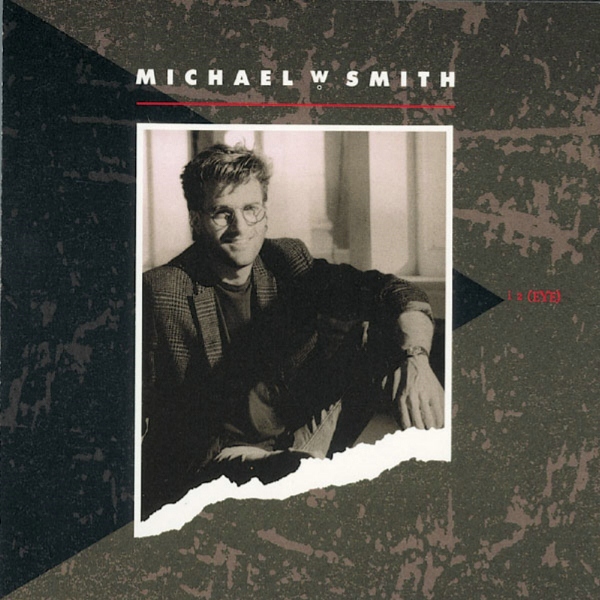 income, and almost every dollar I earned went towards buying CCM tapes. With every increment of ten dollars I obtained, I had mom take me to the Christian bookstore downtown, in hopes to buy the latest Michael W Smith cassette. Anything less than ten bucks was practically useless to me. So the opportunity to get four tapes, like Bryan Duncan’s Strong Medicine and Kim Boyce’s Love Is You To Me, for four bucks *plus some shipping and handling* was a big deal. The catalogs said to expect four to six weeks for delivery, so I actually marked the weeks down on the calender to help pass the time until that package came in the mail.
income, and almost every dollar I earned went towards buying CCM tapes. With every increment of ten dollars I obtained, I had mom take me to the Christian bookstore downtown, in hopes to buy the latest Michael W Smith cassette. Anything less than ten bucks was practically useless to me. So the opportunity to get four tapes, like Bryan Duncan’s Strong Medicine and Kim Boyce’s Love Is You To Me, for four bucks *plus some shipping and handling* was a big deal. The catalogs said to expect four to six weeks for delivery, so I actually marked the weeks down on the calender to help pass the time until that package came in the mail.
When I was 14 years old, I actually received an offer from Columbia House in MY name. I’ve always figured that they got my name from my subscription to CCM magazine, which was a Christmas present I had requested from my parents. I was excited to see that the club’s selections even included some CCM albums I was interested in. So I licked the stamps for albums like Susan Ashton’s Wakened By The Wind, Charlie Peacock’s Love Life, Simon and Garfunkel’s Greatest Hits, and U2’s Achtung Baby. (funny how learning they were Christians changed my attitude about the band)…and sent in my initial order for 12 cassettes for a penny *plus shipping and handling. Once again, I watched the calendar and the mailbox to see if they would accept a 14 year old kid into the club. Evidently they didn’t see my age as an issue, because I still have many of those tapes today.
Shortly after getting my first Columbia House catalogs, I realized that it would be a challenge to fulfill my obligation of a minimum number of “regularly priced” tapes within a couple of years, because their prices were higher than in stores *plus the S&H*, and I still didn’t have a job or steady income yet. But it was nice to see that with one regularly priced selection, you could get additional ‘bonus’ selections for a couple of bucks or so *plus S&H*. Plus, I realized they still had a few vinyl records listed in the catalog. Then, I got a brilliant idea…
You see, a short time before this, my uncle had given me his cassette copy of Michael Jackson’s Thriller, and then he borrowed it back from me, and his tape deck ate it. So he promised that he would buy me another copy if he ever found one. Well…I found one…in the Columbia house catalog…and they even had it on vinyl. They also had U2’s Joshua Tree and Rattle And Hum on vinyl. I was at a point where I wanted to dig into U2’s back catalog, (all those albums I had dismissed in those RCA catalogs), as well as establish my own vinyl record collection (yes folks, I started collecting vinyl in the 90’s…LONG before the hipsters). So I realized that I could remind my uncle of his promise to buy me Thriller, make him pay the ‘regularly priced selection’, and then I had a few bucks to afford the two U2 records as bonus selections. Thus, this humble Columbia House purchase, afforded by cashing in on my uncle’s promise, began what is now an extensive vinyl collection.
One of the most recognized and often criticized features of these clubs, was what has come to be known as the “negative option”. Basically, if you didn’t return a card with the box checked for ‘NO’ by a certain date, you would automatically receive and have to pay for the ‘selection of the month’ or ‘featured selection’, according to the genre preference you specified when you joined. There was a bit of pressure trying to make sure you got that card returned in time. After all, I couldn’t just return it right away, now could I?!? No, I had to wait and see if I would come into any money to make a purchase before I had to send it in. So I really had no choice but to wait until the last minute to beat the deadline. And I did indeed miss that deadline a number of times. At first, when that featured selection would arrive, I knew I didn’t have the money to pay for it…so my mom showed me how to mark the package “return to sender” before even opening it. Which was kinda heartbreaking, because it was hard to know I was holding a brand new cassette tape in my hands, but I couldn’t even open the box to see what it was.
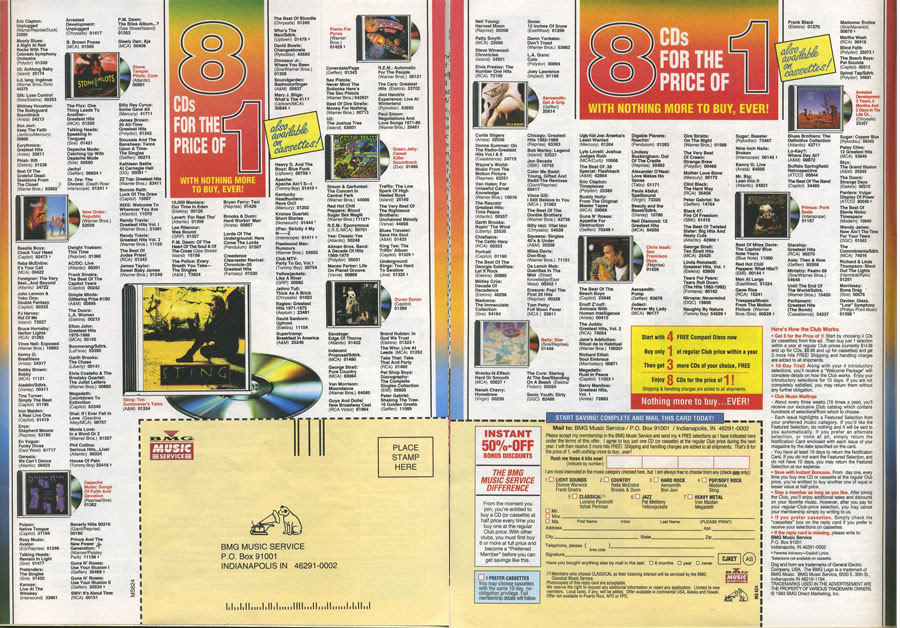
But after I had a job and had upgraded to CDs, I would actually open and pay for the discs that automatically got through: like the soundtracks to Empire Records and Clueless (movies which I wouldn’t get around to watching until years later, in fact I just saw Clueless for the first time a few months ago). But…there was one CD, and I still feel kinda guilty for it, that I never paid for. It wasn’t intentional…I promise. I just never got around to sticking the check in the mail. Eventually, I was punished for never paying for PFR’s Them. My Punishment?? I lost the privilege of the automatic shipment of the club’s featured selections (and the pressure and anxiety of getting that dang card back on time).
By the end of the 90’s, I had joined both the Word Family Record and Tape Club and the RCA Music club, (now known as BMG Music Service) in my own name, on top of already belonging to Columbia House. I specifically joined BMG because a friend was gonna get a good deal for ‘referring’ me, and that initial offer allowed me to get the secular grunge and alternative albums I wanted to own…(because I couldn’t justify paying full price for non-Christian CDs)…including Pearl Jam’s Ten and Counting Crows’ August and Everything After, albums that have come to mean a lot to me and my marriage over the years.
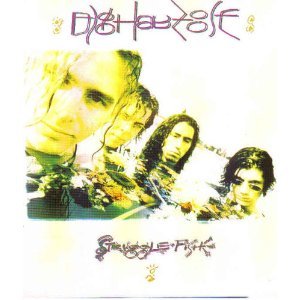
And then there were the mail order services that worked differently than these clubs…no initial offers, bonus selections, nor the negative option featured selections. But these catalogs often offered even wider selection of the more obscure Christian alternative artists I had discovered in high school, even including out of print CDs like Michael Knott’s Screaming Brittle Siren and Adam Again’s Homeboys, and still offered a handful of vinyl records such as Steve Taylor’s I Wanna Be a Clone and Whitecross’ Triumphant Return. There was even a service that would buy your used Christian music CDs in exchange for credit to buy out of their catalog. Being such a prolific collector, I never bothered with selling any of my used CDs, but I did take advantage of the lower prices on used CDs, like Poor Old Lu’s Mindsize and Dig Hay Zoose’s Strugglefish, from their catalog.
Eventually, I just lost interest in mail order music services. I even had built up a bunch of coupons for discounted purchases from the BMG service, that I never used. I guess it had just become easier to find the once obscure Christian alternative rock in stores locally, and my patience for waiting on CDs in the mail sorta wore out. Unfortunately, after just a few short years, the CCM industry that had supplied my favorite Christian alternative music changed drastically, and all my favorite artists went independent. And even the more mainstream, general market (i.e. not specifically Christian) retailers started minimizing their music selection. Now, I’m forced to go back to ordering the CDs I’m interested in. Except now its over the internet instead of scouring through catalogs.
At some point, I started to hear about the questionable way these clubs made huge profits, and especially the way the artists were hurt most by the terrible royalty rates the music services paid. As I have been reading about the record club industry lately, it seems there are still mixed feelings about the whole thing…recognizing how unfair the financial arrangement was for the artists, yet understanding that it was sometimes the only way some of these artists got their records to a wider audience. When I started writing this piece, I wanted to dig into this a bit, but now that I’ve reminisced for so long, I think it would be better to highlight a couple items I came across and enjoyed recently. The Target Shoots First is a fascinating documentary that looks into working at Columbia House as an employee actually carries a video camera around the offices and narrates how he helps put together a team to create a more magazine-styled catalog to appeal to the relatively new “Alternative Music” niche market of the early 90’s. Watching the development of that magazine/catalog, which I remember receiving and looking through, really brought back some memories. The maker of that documentary and a few other former Columbia House employees sat down for this interview in which they discuss aspects of how the company conducted business and even pioneered some things that have carried over into internet music services.
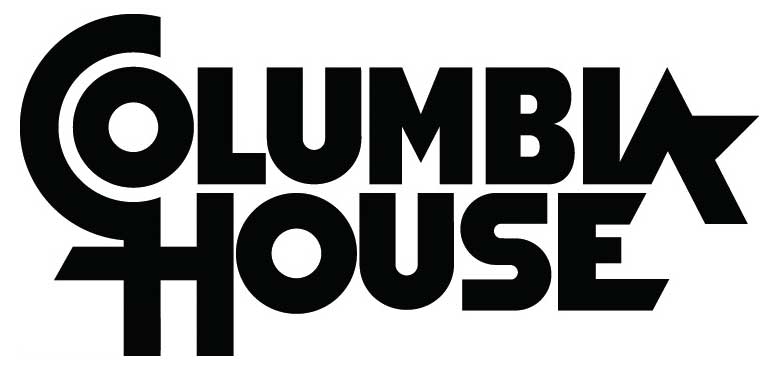
There are a number of other articles and blogs concerning these mail order music clubs, and there are many more memories and thoughts I could share here. There were definitely aspects of these clubs that were less than desirable for myself as a music fan and consumer, and even worse aspects on behalf of the artists themselves. But, these clubs certainly hold a significant place in the history of popular music, as well as the lives of many music enthusiasts like myself. Just as much as I miss finding a great selection of exciting music at the local Christian book stores and other “brick and mortar” retailers, I also miss the days of flipping through a little booklet, filled with hundreds of album titles to drool over, and circling the ones I want, or even using a color-coded highlighting system to indicate what I already have and what I need to have.

